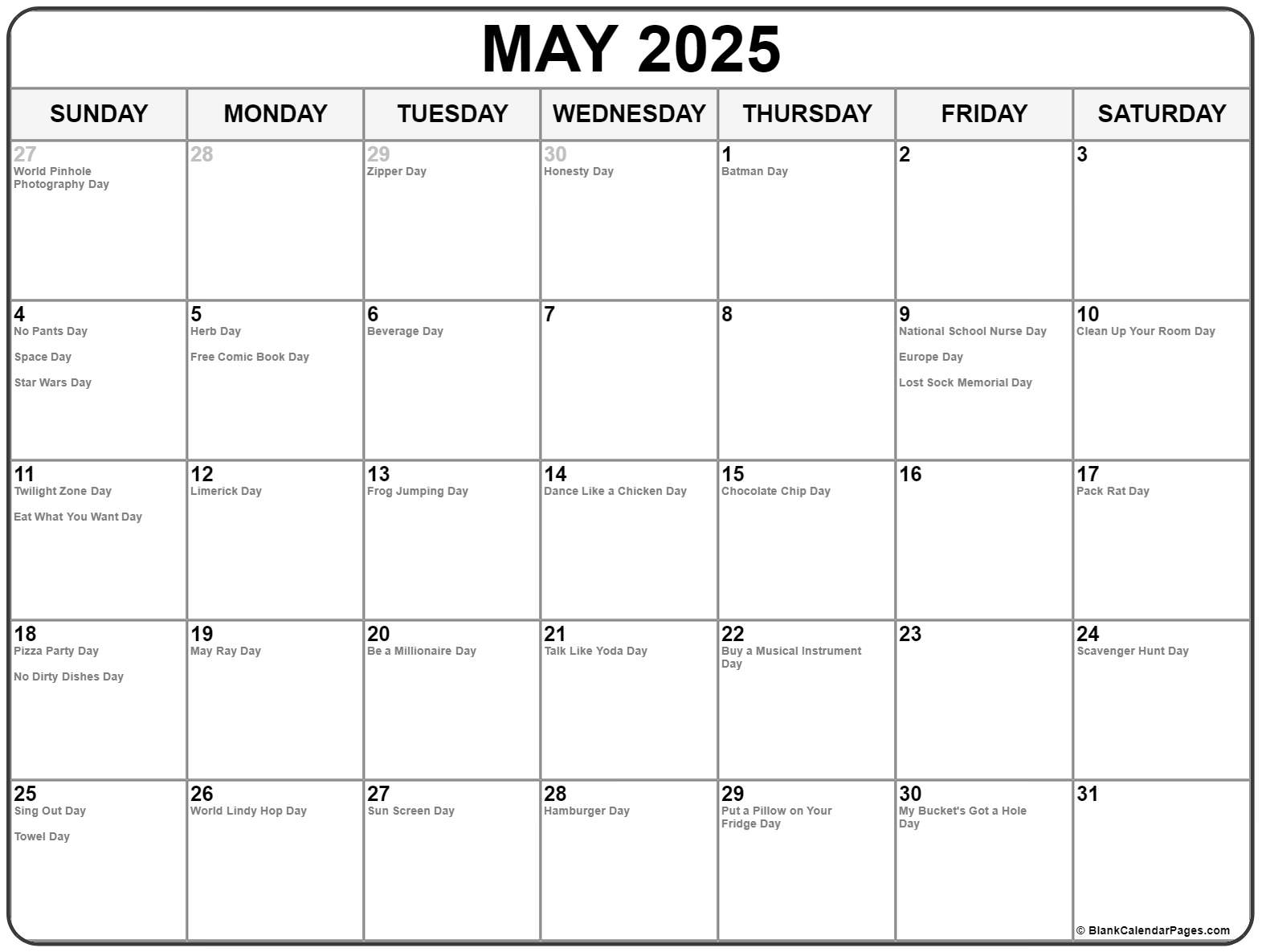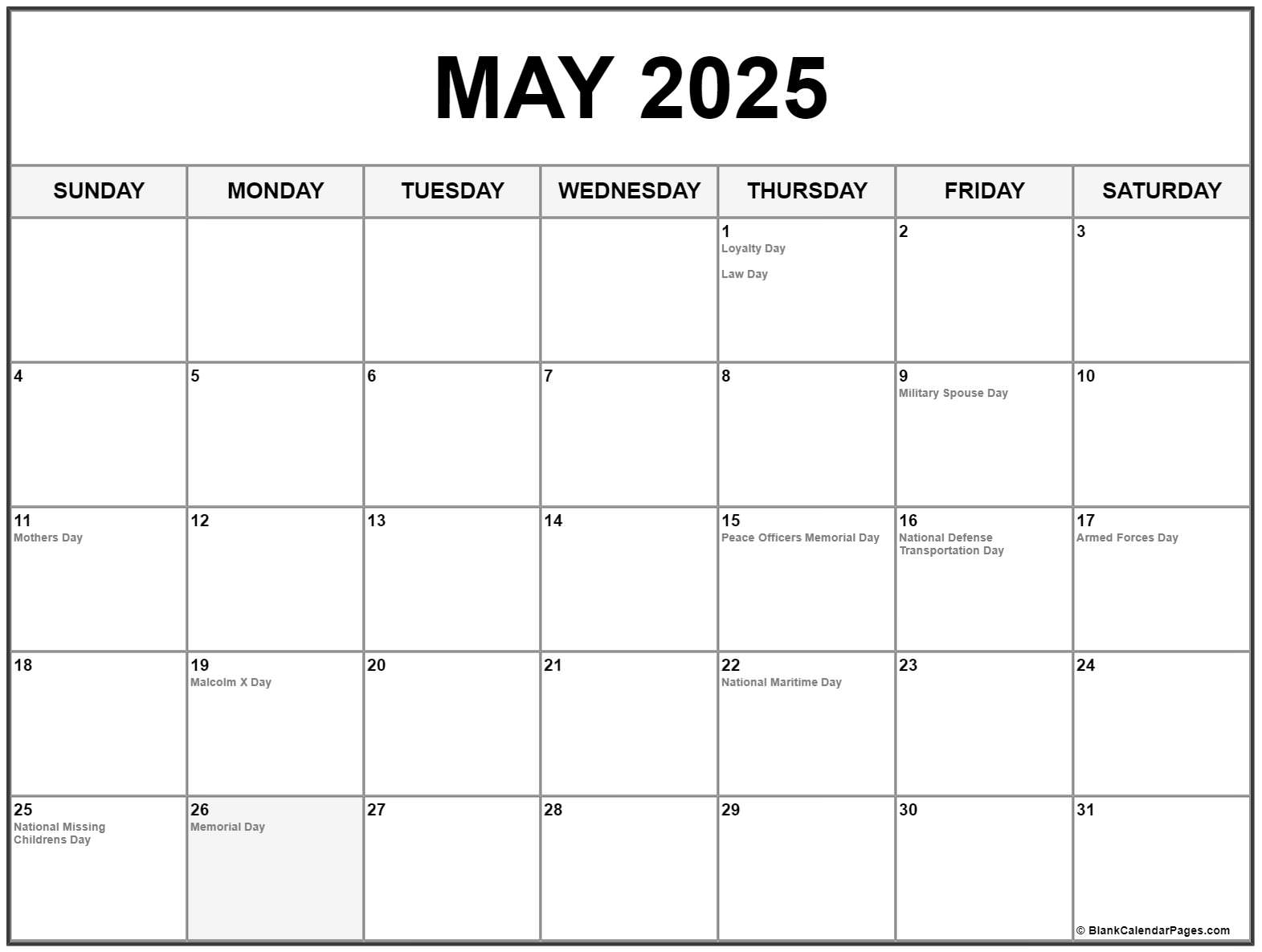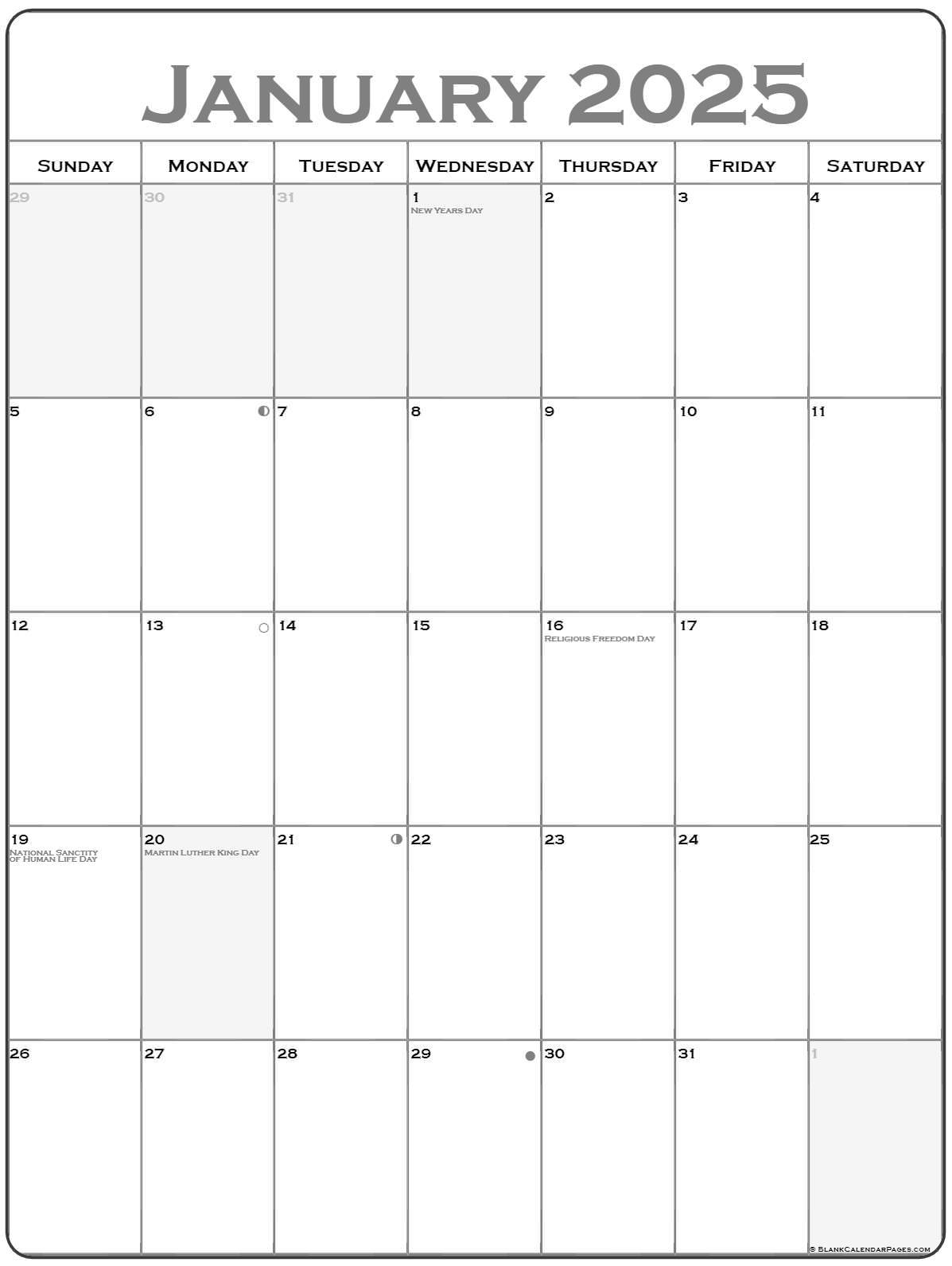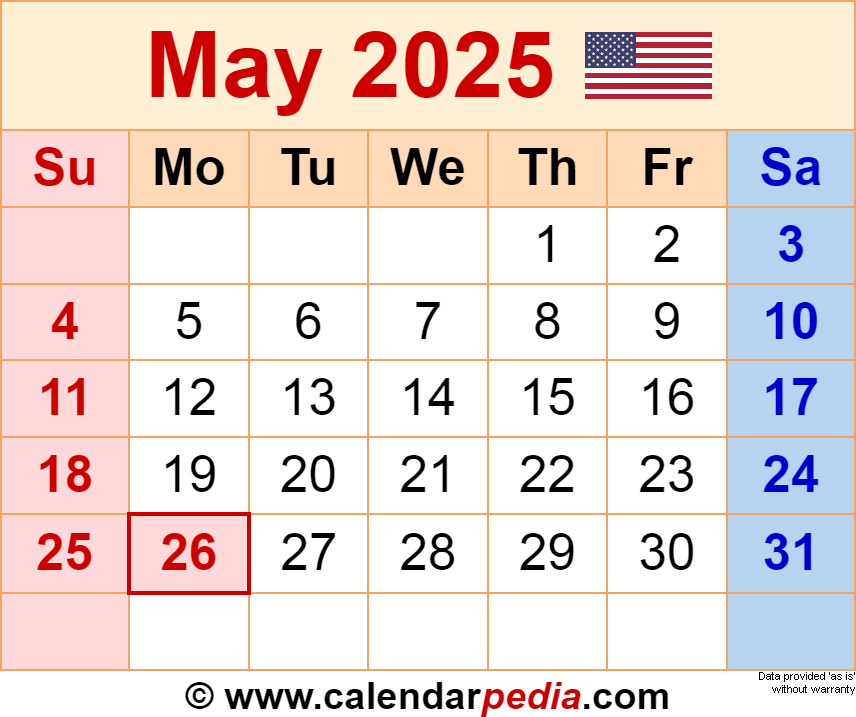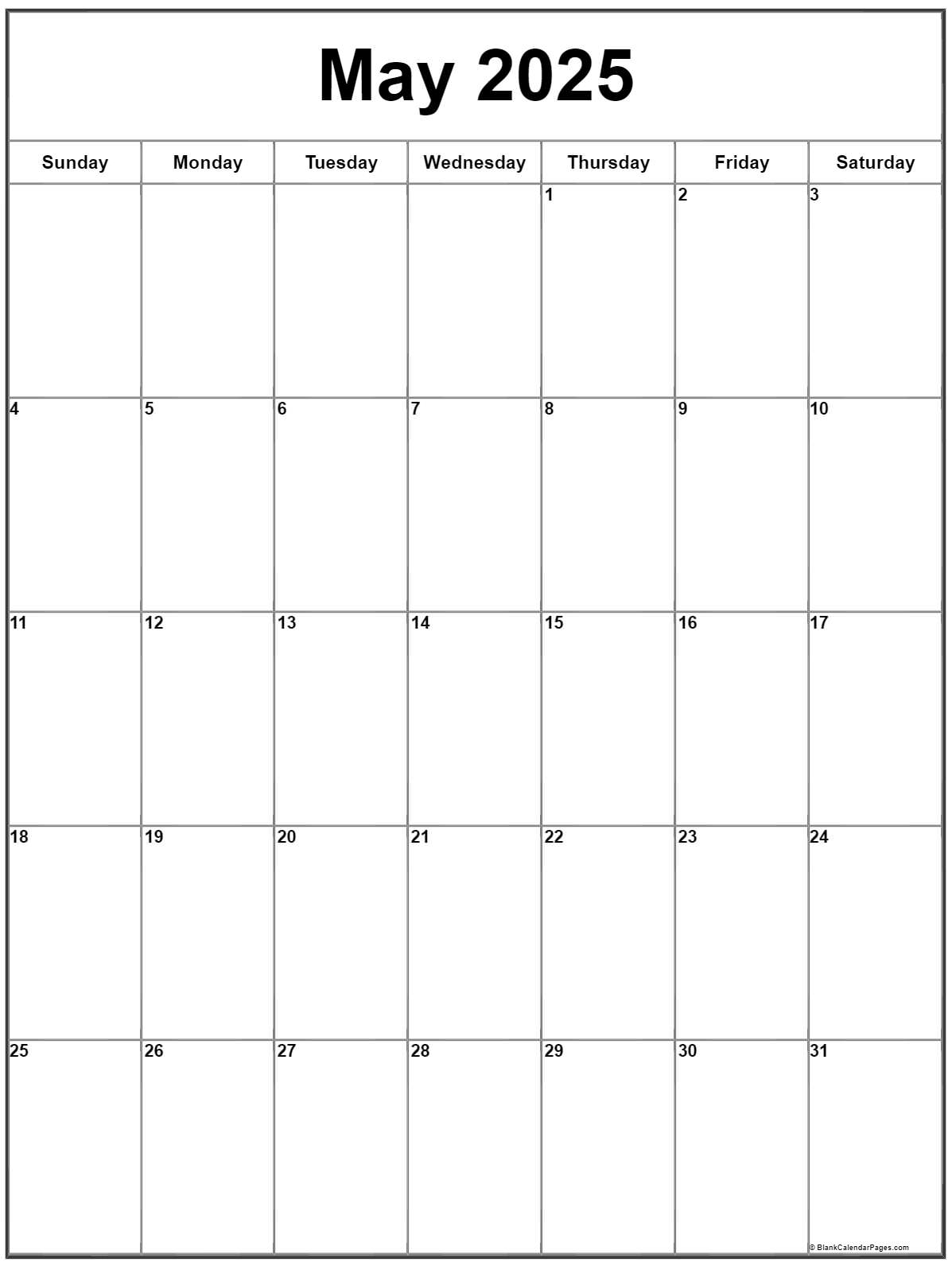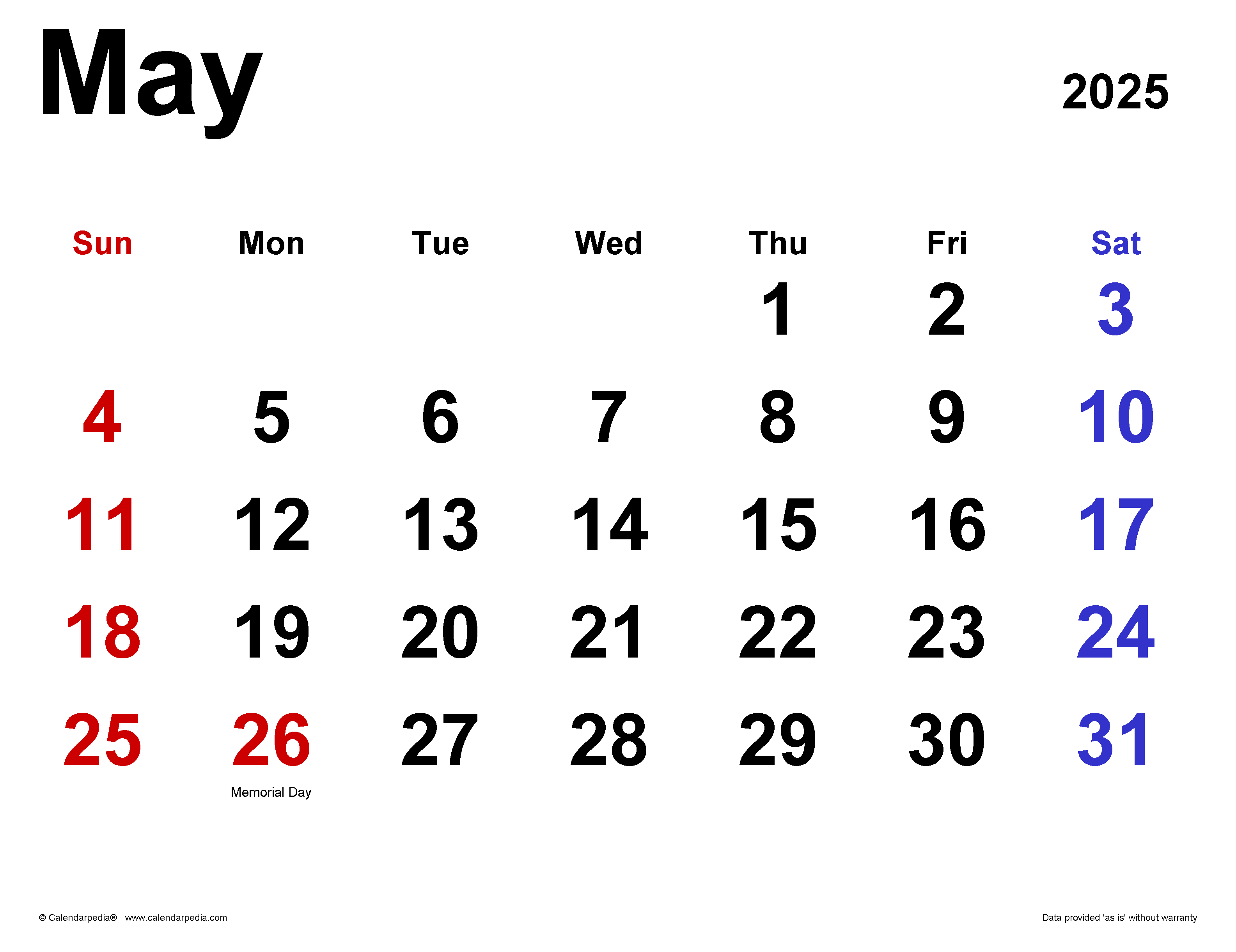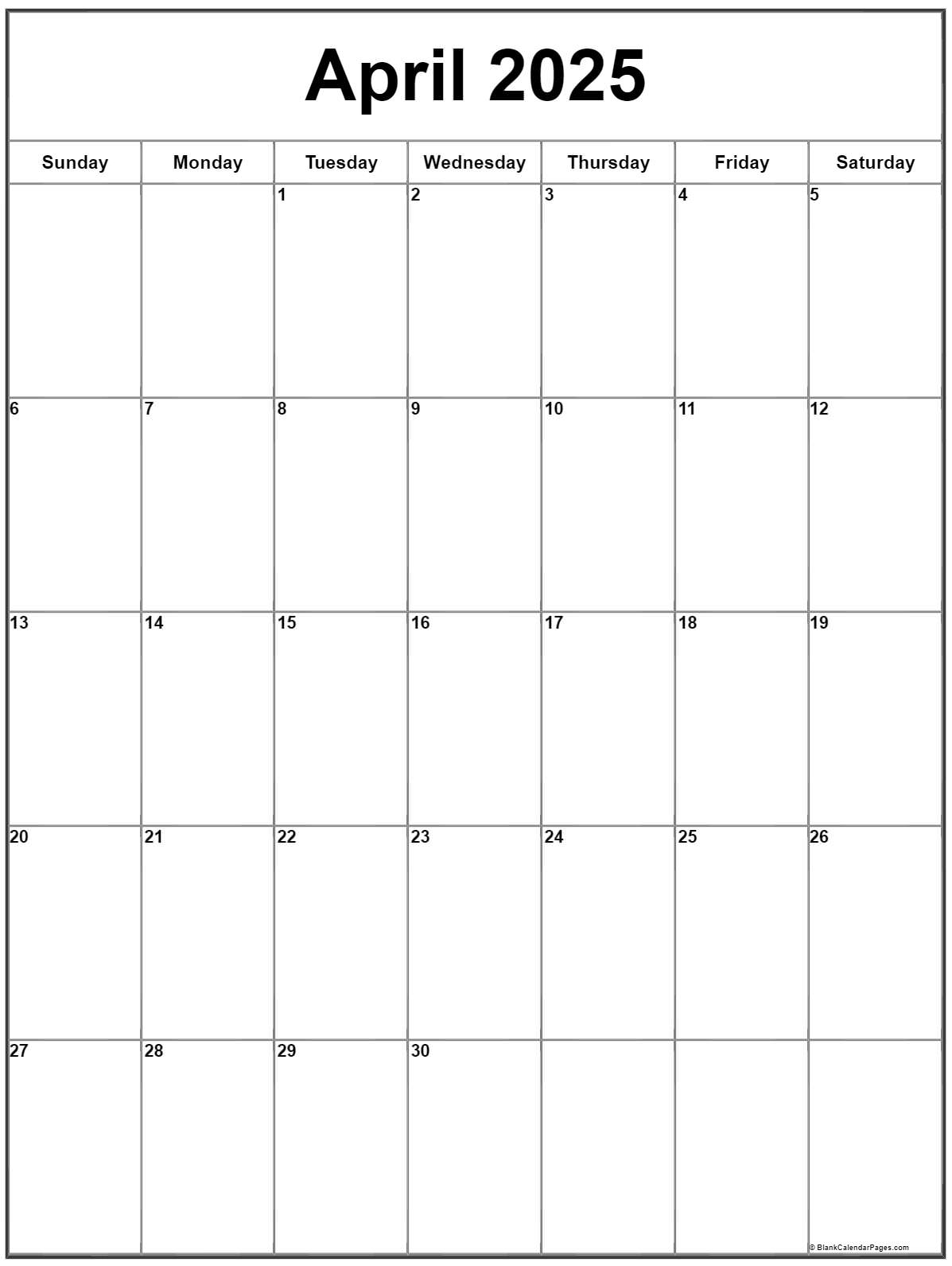Whose May 2025 Calendar Is It
Whose May 2025 Calendar Is It? Navigating Ownership in the Digital Age
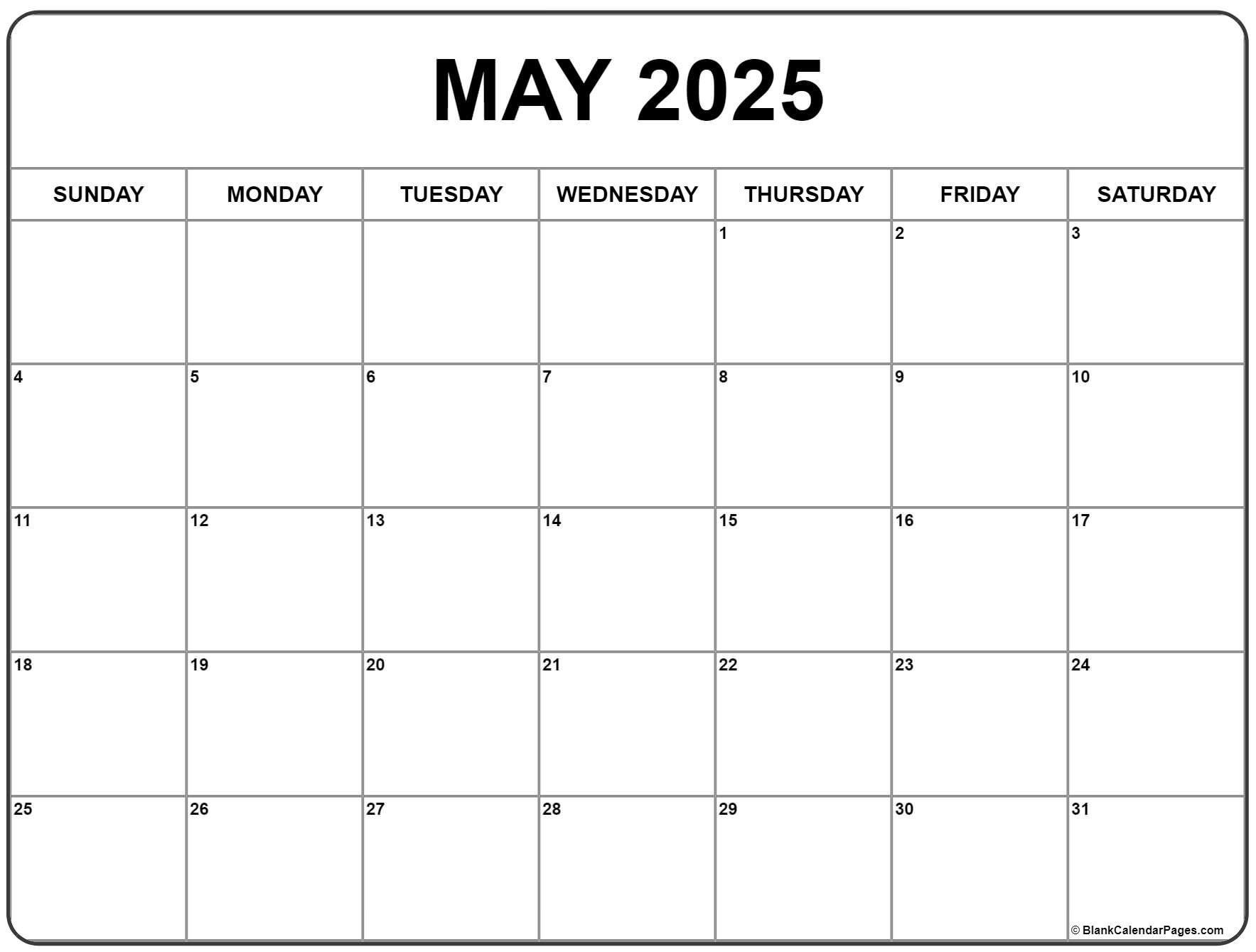
The seemingly simple question, "Whose May 2025 calendar is it?" reveals a complex tapestry of ownership, access, and control in the digital age. No longer confined to the physical realm of paper planners and wall calendars, our schedules are increasingly intertwined with digital platforms, raising intricate questions about who truly "owns" our calendar data and the implications of that ownership.
The answer, unfortunately, isn’t straightforward. It depends on a multitude of factors, including the platform used, the user’s privacy settings, the type of calendar (personal, shared, work), and the underlying terms of service agreed to by the user. Let’s delve into the various layers of this digital ownership puzzle.
The Platform’s Role: Guardians or Owners?
Major tech companies like Google, Apple, Microsoft, and others offer calendar services integrated into their broader ecosystems. These platforms provide the infrastructure – the servers, software, and algorithms – that allow us to create, manage, and share our calendars. However, this doesn’t automatically grant them ownership of our data.
The legal landscape surrounding data ownership is still evolving, and the terms of service (ToS) governing these platforms often present a nuanced picture. While the platforms generally state that they don’t own our data, they typically claim the right to use it for various purposes, including improving their services, targeted advertising, and complying with legal requests. This use often falls under the umbrella of data processing, a concept that grants platforms significant control over our information even without outright ownership.
For instance, Google Calendar’s ToS explicitly states that Google processes user data to provide and improve its services. This includes analyzing calendar entries to suggest relevant features or personalize the user experience. Similarly, Apple’s iCloud terms detail the company’s rights to access and process user data, including calendar entries, for security and service improvement purposes.
This raises concerns about data privacy and potential misuse. While these companies often highlight their commitment to user privacy, the reality is that our calendar data – containing highly personal information about our appointments, meetings, and travel plans – is being processed and analyzed by powerful algorithms. The question of who truly benefits from this analysis remains a crucial ethical and legal consideration.
Personal vs. Shared Calendars: A Shifting Landscape of Control
The distinction between personal and shared calendars significantly impacts the notion of ownership. A personal calendar, by its very nature, implies greater individual control. The user dictates what information is included, who has access, and how that information is used. However, even with personal calendars, the underlying platform retains certain rights to access and process the data, as outlined in their ToS.
Shared calendars introduce a further layer of complexity. When we share our calendar with colleagues, family, or friends, we implicitly grant them access and control over a portion of our schedule. The level of control we relinquish varies depending on the sharing settings, ranging from read-only access to full editing permissions. In such cases, the "ownership" becomes more diffused, with multiple parties holding varying degrees of control over the same data.
Work calendars present a different dynamic altogether. In most employment settings, the employer typically has a significant degree of control over employee calendars, often for the purposes of scheduling, resource allocation, and performance management. While the employee might create and manage their own calendar entries, the underlying data often resides on the company’s servers and is subject to the company’s policies and procedures. This raises questions about employee privacy and the potential for employer surveillance.
The Future of Calendar Ownership: Data Portability and Decentralization
The current landscape of calendar ownership highlights the need for greater transparency and user control. The growing emphasis on data portability – the ability to easily transfer personal data between different platforms – offers a potential solution. If users could seamlessly migrate their calendar data from one platform to another without significant loss of functionality, it would reduce their dependence on any single provider and empower them to choose services that better align with their privacy preferences.
Decentralized calendar solutions, leveraging blockchain technology, are also emerging as a potential alternative. These systems aim to give users greater control over their data by eliminating the need for centralized platforms. However, these technologies are still in their early stages of development and face challenges related to scalability, usability, and security.
Conclusion: A Call for Transparency and User Empowerment
The question of "Whose May 2025 calendar is it?" remains a complex and evolving one. While we create and manage our schedules, the platforms that host our calendar data exert significant influence over its use and accessibility. The lack of clear ownership often leaves users vulnerable to data misuse and privacy violations.
Moving forward, greater transparency from platform providers regarding their data processing practices, coupled with enhanced user control over data portability and sharing, is essential. The development of decentralized alternatives also holds promise for empowering users and reclaiming control over their personal schedules. Until then, a critical examination of the terms of service and a conscious understanding of the implications of sharing calendar data remain crucial steps in navigating the digital ownership landscape. Only then can we truly understand who, in the end, possesses the power over our May 2025, and every other month’s, schedule.
